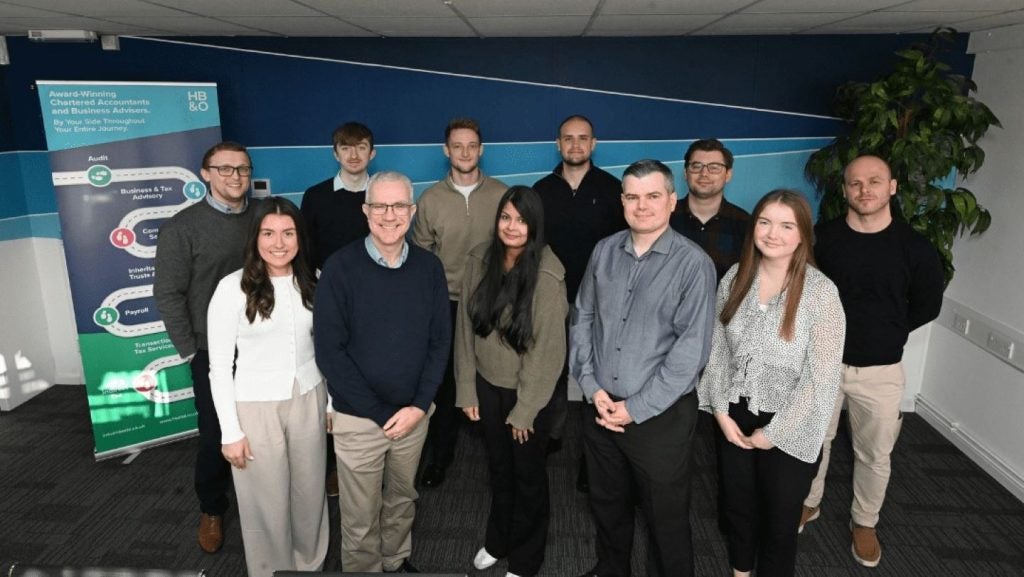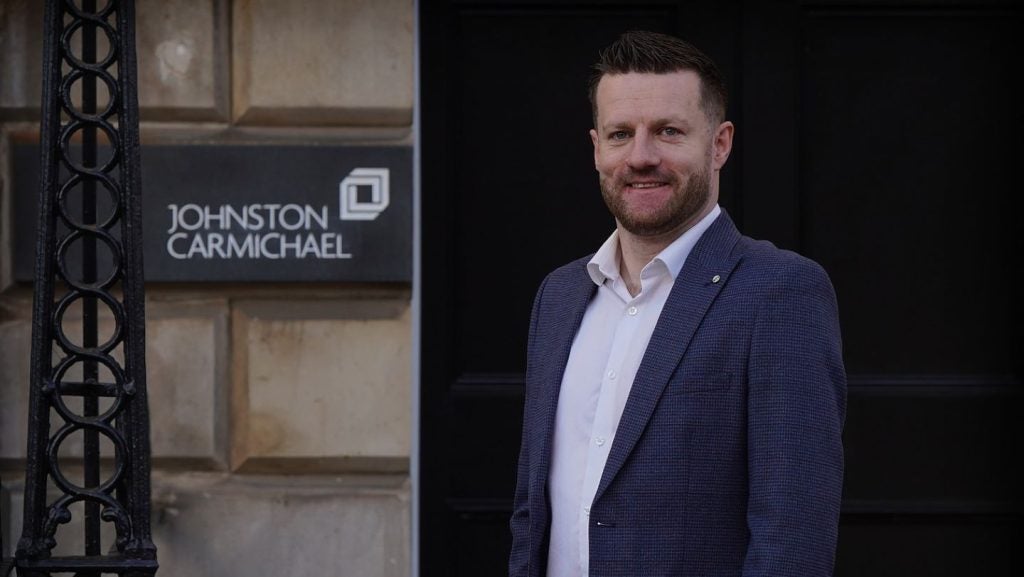
Zoya Malik, International Accounting Bulletin Editor-in-Chief, asked female accounting leaders for their views on how to encourage Gen Z entrants into the profession, the skills they will bring, and how organisations need to adapt their culture to attract, train and retain them. Sarah Ghosh, Immediate Past President at The Chartered Institute of Management Accountants (CIMA); Asmâa Resmouki, President at The International Federation of Accountants (IFAC); Francesca Lagerberg, Baker Tilly International CEO; Liza Robbins, Kreston Global CEO; and Allee Bonnard, Audit & Assurance partner at Deloitte UK, share their views.
What do you think is critical to develop, in terms of career pathways, to recruit female Gen Z practitioners, and what skills will they bring to the profession?
Sarah Ghosh: Gen Z women have a very different mindset on how they prefer to learn and the values that drive them. Doing a multi-year training programme doesn’t necessarily align with their priorities. Knowing that, how can we make the profession more accessible and more effective for them to learn and develop their credentials? It’s about offering potential candidates flexibility, understanding what they value, what career aspirations they have, and being able to adapt to that.

Access deeper industry intelligence
Experience unmatched clarity with a single platform that combines unique data, AI, and human expertise.
Overall, we will need to continue to shift our thinking and ways of working, not just focusing on women in the workplace, but for younger generations that are looking for different experiences and options to progress.
Also, I don’t see DEI as a challenge to overcome, but as an opportunity to seize, so that we can better serve our organisations and communities. I urge everyone in the profession to think about what you can do in this space; this is vital for building a profession we all want to be part of in the future.
Asmâa Resmouki: Sustainability, of course. But the importance of being fluent in sustainable business practices or having a competency in sustainability reporting or assurance…this is not something that is unique to women (or even to our profession). But it will become a required skill that will only become increasingly important in our lifetimes.
We also need to realise that we live in a time where a multitude of generations are all interacting in the workplace together – from Baby Boomers and GenX’ers, to Millennials and GenZ’ers. It is so important to appreciate the unique perspectives and ways of working, as well as unique expectations and biases, that each generation brings. If we take these differences into account and are willing to learn from each other’s strengths, we will all benefit. Handled well, this can be an important element of the attractiveness of our profession.

US Tariffs are shifting - will you react or anticipate?
Don’t let policy changes catch you off guard. Stay proactive with real-time data and expert analysis.
By GlobalDataAlso, in my experience, women often have a strong inner critic that can prevent us from taking the next step. It’s essential to identify your internal critic and don’t let it stop you. If you have the opportunity to keep growing by taking the leadership role, take it! Don’t wait until you think you are “ready”. Studies show men do not limit themselves in this way, so why should women!
Francesca Lagerberg: I think a lot of the challenges about recruiting Gen Z women are also common with their male counterparts. The current crop of graduates and apprenticeships want a different career pathway to those of a generation before which recruiters and leaders in firms ignore at their peril. They want flexibility, intellectual stimulus and a work life balance that simply wasn’t there 20 or 30 years ago.
In return they are far more technologically savvy than previous generations and in general are more empathetic although they do look for and expect empathy from their boss in return.
Having said this, it’s 100 years since the first woman passed her accountancy exams. I think Ethel Watts would be a little disappointed that a century later we are still talking about the need for change and equality in terms of pay and opportunity.
Liza Robbins: Gen Z are known for their digital fluency, entrepreneurial spirit, and focus on social impact, so they will need career paths that align with these preferences. To effectively recruit and retain Gen Z women in the accounting profession, firms need to develop career pathways that emphasise flexibility, clear progression, continuous learning, mentorship, and inclusivity. Gen Z women will bring valuable skills such as technological proficiency, creative problem-solving, a focus on social responsibility, strong communication abilities, and an entrepreneurial mindset.
On this I have heard from a number of individuals from member firms, including Abbey Watkins of Kreston Reeves who is also the new chair of the Future Emerging Talent Group at Kreston Global. Abbey conveyed that she has been lucky to be exposed to lots of opportunities and initiatives in her career so far. She noted being given the opportunity to lead on a number of internal projects and having taken part in a reverse mentoring programme with one of the members of management board.
Abbey also affirms that the industry has come a long way in terms of support and representation of women, but that being a young woman in the industry can still sometimes come with its challenges. Occasionally, it can be assumed by third parties that young women lack experience and knowledge, and therefore it can be difficult to have their views and opinions respected and listened to.
I take great inspiration from people like Abbey. Since joining Kreston Reeves as an apprentice at 17, her career has developed massively in a short space of time – receiving three promotions, becoming ACCA qualified in July 2022 and now an Assistant Manager.
Allee Bonnard: For various reasons, often less women know about and consider careers in audit than men. We are working hard to raise awareness of the profession so that more women consider it, because once they know about it, I think many more would apply for careers with us. It is a fabulous career that offers constant development, helps ensure the markets are honest, and offers plenty of flexibility. The benefits of having a diverse workforce are well known, but there is also a business imperative, as the entities we audit want to work with a diverse workforce too.
What more do you think can be done to encourage greater inclusivity for new recruits?
Sarah Ghosh: We now have up to five generations active in the workplace and each generation has their own view of what their development plan should look like and what support they need to progress their careers. As business leaders, it’s essential to recognise these changing needs and adapt.
One of the key areas is how technology is shaping how we work. Younger people coming into the work environment are already way ahead in understanding the technologies that can be used. For instance, they can code and use tools in a very different way. Organisations have a huge responsibility for developing a digital mindset with employees across multi generations.
Organisations also have a greater opportunity to attract women to the profession and offer support to leverage digital skills and get the benefits from it. Attracting women to the profession is critical to challenge thinking, bias, and traditional processes.
Whatever stage of your career you are at, now is a great time to explore different tools and embrace them. Business models are changing to adapt to how we use technology and build on the skills of younger generations coming into the workplace.
Asmâa Resmouki: Collaboration and coordinated efforts are really the only way we are going to create a diverse, equitable, and attractive accountancy profession. Professional accountancy bodies, educational institutions, and employers today are working together to enhance gender equality, and the attractiveness of the profession to recruits and young professionals.
IFAC and our members have various workstreams with educational institutions to deliver programming specifically designed to foster equity and inclusion. These include, for example, partnering with employers for women’s internships and work-study and providing mentorship and career advice to female students. Another initiative involves holding joint, multistakeholder conferences, workshops, and forums on addressing unconscious bias in the workplace.
Individually these may seem like small things, but such efforts collectively are changing cultural norms in a positive way.
Francesca Lagerberg: For many young women (and probably a significant number of young men) the traditional route of school, good university, join an accountancy firm, progress through the ranks and after 15/20 years become a partner is no longer an attractive one. And as a profession we must do more to ensure the intake of new recruits reflects our society at large. Do we have the right pace for people to advance their careers? Is the exam structure reflective of a modern world?
The increasing attractiveness of apprentice schemes shows a different path to school leavers for whom university is an expensive and a potentially daunting prospect. And plenty of firms are far more flexible around senior leadership positions through a range of job-sharing, sabbaticals and roles that reflect new working patterns.
Liza Robbins: The accounting profession’s increased use of more inclusive recruitment processes (alternative qualifications/experiences and wider outreach programmes), and mechanisms to minimise bias from the hiring process, are both positive developments. Flexible work arrangements and the continued use of technology is another enabler. Supportive work environments are critical to provide diversity training, support networks and a shared culture of acceptable behaviors. Increasing the awareness that the profession is diverse will further attract a broader range of skilled recruits.
Allee Bonnard: It’s important that we’re clear about the rewarding career audit provides, and we are spending a great deal of time in schools and universities to get that message out there. We know people value work-life balance, and whilst we are a high-performance business, a combination of flexible working, better resourcing and greater use of technology helps achieve this and means that the industry becomes more inclusive.
How do you think the ownership and partnership models within the accounting profession will change over the next decade to appeal to the new generation of professionals?
Sarah Ghosh: My background is more business and corporate than firms, however research and studies have consistently shown women bring unique perspectives to the field of accounting and finance such as effective communication skills, empathy, attention to detail, problem-solving and collaboration abilities. These skills contribute to the overall success and growth of the entire profession. In my opinion, gender equality strengthens the profession, delivers value to clients and inspires future generations. Any successful business model, be that for firms or corporations, will need to reflect this.
Francesca Lagerberg: There is no doubt that our profession is very much in the public spotlight at the moment with a stream of stories in the press about new financial structures and ripping up the rule book on how the bigger firms are run and governed. I think that environment where dynamic change is in the air is exciting for a young person potentially thinking about a career in accountancy. The traditional partnership model is being tested with the need for accounting firms to raise more capital for growth and for profits to be used to invest and not just be primarily distributed. Also people are and want to be more mobile, with few expecting to stay in one place for decades.
Liza Robbins: The traditional partnership model is changing. To appeal to new generations future models will become more flexible, technology-driven, inclusive, and supportive of diverse needs. The traditional rigid hierarchical structure, which has been slow to adapt and has significant buy-in costs, does not appeal in the same way to the younger generations. People no longer see a career for life which you work to achieve for many years but will have portfolio careers with more immediate career advancements. Also, the lack of work-life balance in the traditional model does not meet the expectations of younger generations.
This is something again that I recently discussed with Abbey who believes the increase of women in high-level positions in recent years will only serve to motivate other women in their own careers going forwards. This, alongside the increased opportunity and awareness for the role of women in business, creates a very exciting future for women in accountancy.






